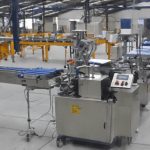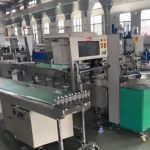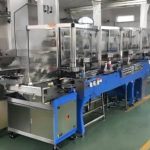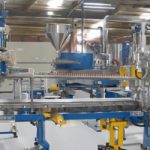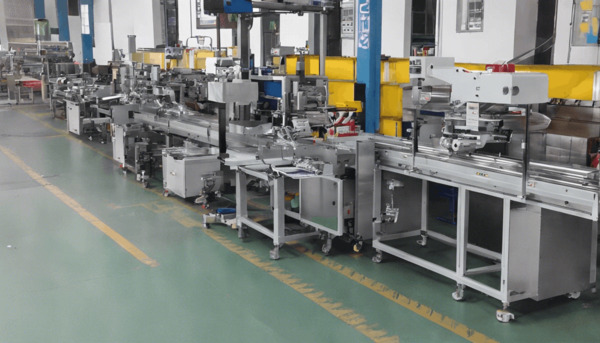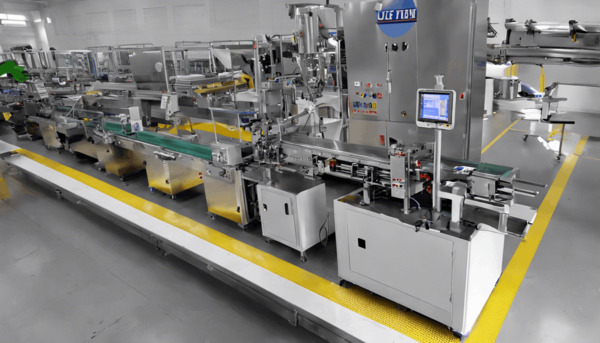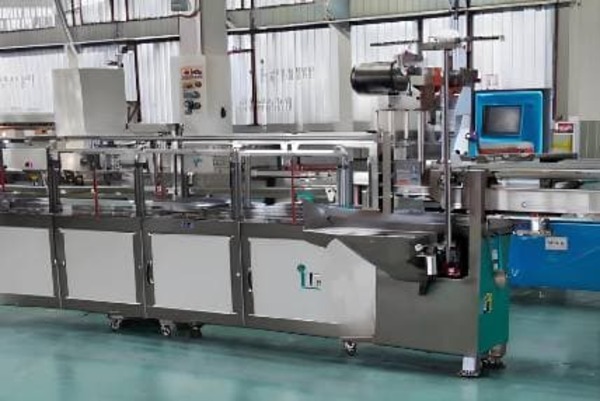
Understanding Different Types of Sealing Machines
Sealing machines are integral to various industries, particularly in packaging, where they ensure the integrity and safety of products during transportation and storage. These machines come in different types, each designed to meet specific sealing needs. Understanding the different types of sealing machines can help businesses choose the right equipment for their packaging requirements. In this article, we will explore the various types of sealing machines, their applications, and their advantages.
1. Heat Sealing Machines
Heat sealing machines are among the most common types of sealing equipment used in packaging. They work by applying heat and pressure to seal materials, typically plastic films. The heat melts the plastic, and the pressure ensures a tight seal. Heat sealing machines are widely used in food packaging, medical supplies, and consumer goods.
1.1 Impulse Heat Sealers
Impulse heat sealers use a brief pulse of electricity to heat the sealing element, which then seals the material. These machines are energy-efficient because they only consume power during the sealing process. Impulse sealers are ideal for sealing thermoplastic materials and are commonly used for sealing bags and pouches.
1.2 Constant Heat Sealers
Constant heat sealers maintain a continuous heat supply to the sealing element. They are suitable for sealing thicker materials and are often used in applications where a stronger seal is required. Constant heat sealers are typically used for sealing materials like foil and heavy-duty plastic.
2. Induction Sealing Machines
Induction sealing machines use electromagnetic induction to create a hermetic seal on containers. This type of sealing is commonly used for sealing bottle caps and jars. The process involves placing an induction-sealing liner inside the cap, which is then heated by an induction coil to bond the liner to the container’s rim.
Induction sealing is widely used in the pharmaceutical, food, and beverage industries because it provides a tamper-evident seal that ensures product safety and freshness.
3. Vacuum Sealing Machines
Vacuum sealing machines remove air from the packaging before sealing it, which helps extend the shelf life of perishable products. These machines are commonly used in the food industry to package meats, cheeses, and other food items that require a longer shelf life.
Vacuum sealers are available in two main types: external vacuum sealers and chamber vacuum sealers. External vacuum sealers are typically used for home and small-scale commercial applications, while chamber vacuum sealers are used for larger-scale operations.
4. Band Sealing Machines
Band sealing machines, also known as continuous band sealers, are used for sealing bags and pouches in a continuous process. These machines use a conveyor belt to move the packaging through the sealing process, making them ideal for high-volume packaging operations.
Band sealers are versatile and can seal a variety of materials, including polyethylene, polypropylene, and laminated foils. They are commonly used in the food, pharmaceutical, and chemical industries.
5. Ultrasonic Sealing Machines
Ultrasonic sealing machines use high-frequency ultrasonic vibrations to create a seal. The vibrations generate heat through friction, which melts the material and forms a bond. Ultrasonic sealing is particularly useful for sealing non-woven and synthetic materials.
This type of sealing is often used in the textile and medical industries for applications such as sealing surgical gowns, masks, and filters.
6. Carton Sealing Machines
Carton sealing machines are designed to seal boxes and cartons using adhesive tape. These machines are commonly used in warehouses and distribution centers to seal shipping boxes. Carton sealers can be semi-automatic or fully automatic, depending on the level of automation required.
They are ideal for high-volume operations and help improve packaging efficiency and consistency.
Conclusion
Sealing machines play a crucial role in ensuring the integrity and safety of packaged products across various industries. Each type of sealing machine offers unique advantages and is suited to specific applications. By understanding the different types of sealing machines, businesses can make informed decisions about the equipment that best meets their packaging needs. Whether it’s for food preservation, product safety, or packaging efficiency, the right sealing machine can significantly enhance operational effectiveness.
